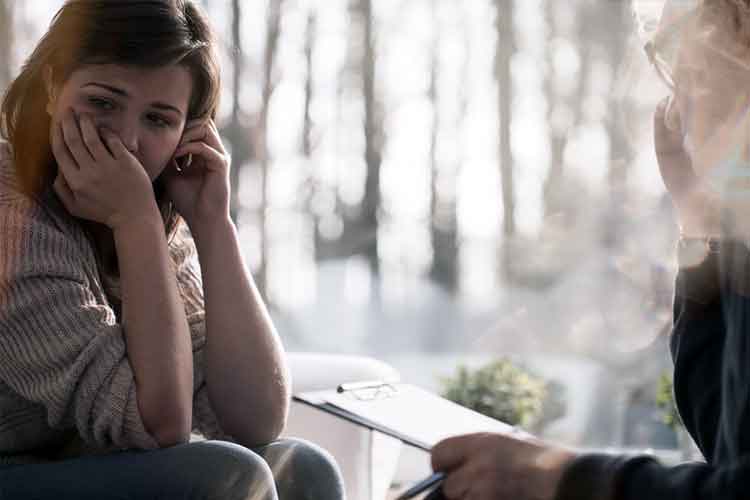

This can be a sign of suicidal thoughts and should be taken very seriously. You may find yourself giving away personal possessions, changing your will, or talking a lot about death. drinking more alcoholic drinks than normalĪnother sign of depression is thinking a lot about the end of your life.not enjoying the things they once enjoyed doing.Sometimes older people or people close to them notice changes in behaviour, which can be a sign of depression. Memory loss can also be a sign of depression, and if this is the case, treatment for depression can help improve your memory. These might include dizziness, aches and pains, weight loss and difficulty sleeping or staying asleep ( insomnia). Older people may experience physical symptoms, but you may not realise that your physical complaints are signs of depression. This might be because of old stigmas around mental health or because people sometimes find it hard to admit that they are not coping by themselves. Older people are less likely to talk about the emotional symptoms of depression, such as feeling down or uninterested in activities. The signs of depression in older people are different from those seen in younger adults and children. What are the signs of depression in older people?

While some people cope well with these difficult circumstances, the experience of repeated loss can sometimes cause depression. This can be loss of family members or friends, and can also involve loss of their health, their pets or their home. Older people tend to experience intense periods of loss as they get older. The COVID-19 pandemic has caused disruption for many people, who may have been away from friends and family for a long time, leading to an increased risk of depression. This may be due to friends and peers passing away, or because they find it harder to get around to visit people. People can sometimes become isolated from their friends, family or communities as they age. Sometimes the medicines you take can play a part in depression, especially blood pressure medicines, steroids, and pain medicines. Loss of independence and dignity can sometimes cause depression too. Other medical conditions that make it harder for you to manage by yourself - such as arthritis and reduced mobility - can mean that you need to ask for more help from other people. Medical conditions such as vitamin deficiencies, cancer, thyroid disease, and even infections can change the way your body works and so cause depression. Physical illness can cause depression both directly and indirectly. The 3 main causes of depression in older people are poor physical health, social isolation and loss in old age. It’s important to remember that not all older people become depressed, and just because you are older, you don’t need to accept that you will become depressed, or that your depression can’t be treated. More than 1 in 10 older people, and more than 3 in 10 people living in residential aged-care, experience depression. How common is depression in older people? Go here for more general information about depression. This page is about depression in older people however, many aspects and risk factors are not age-specific. It is unusual for someone in good health to develop depression for the first time when they are over 60 - but this can happen for some people. People who develop depression when they are over 60 often have other medical conditions. Sadly, this can lead to their not seeking help, or delaying assessment and treatment for a long time. Some older people prefer not to talk about depression, feel a sense of shame, or don’t like to admit that they’re not coping. Sometimes older people can think that symptoms of depression occur because of their age, poor health or dementia. While it is normal to feel down sometimes, if you feel this way for 2 weeks or more, or your mood is affecting your ability to cope with everyday life, you may be experiencing depression.

Related information on Australian websitesĭepression is a mental health condition that can affect people of all ages.How is depression in older people treated?.How can I help an older person with depression?.What are the signs of depression in older people?.What causes depression in older people?.How common is depression in older people?.Ageing does not make treatments for depression less effective - with the right treatment, you can recover from depression whatever your age.If you have signs of depression for 2 weeks or more, or you are concerned that you may have depression, don’t delay - speak to your doctor.The 3 main causes of depression in older people are poor physical health, social isolation and loss.



 0 kommentar(er)
0 kommentar(er)
